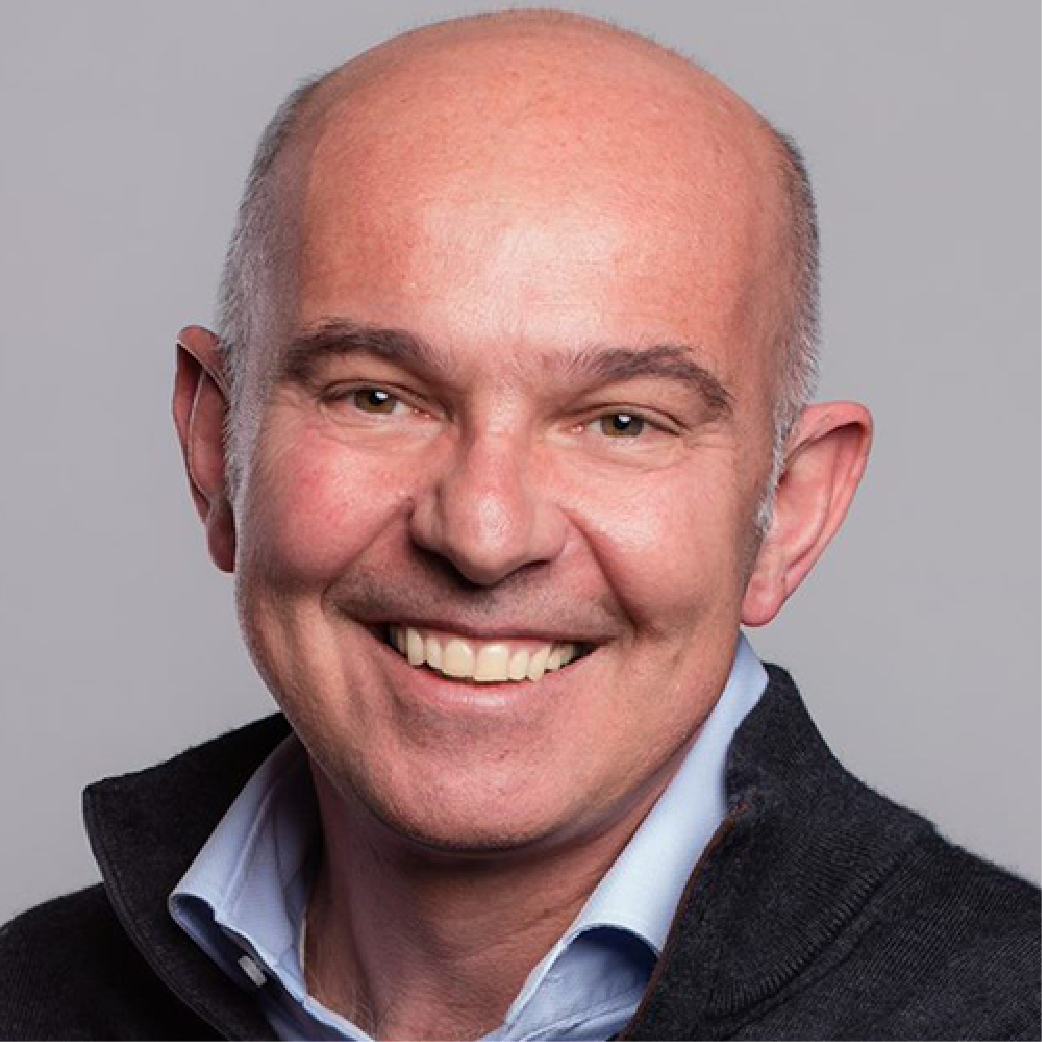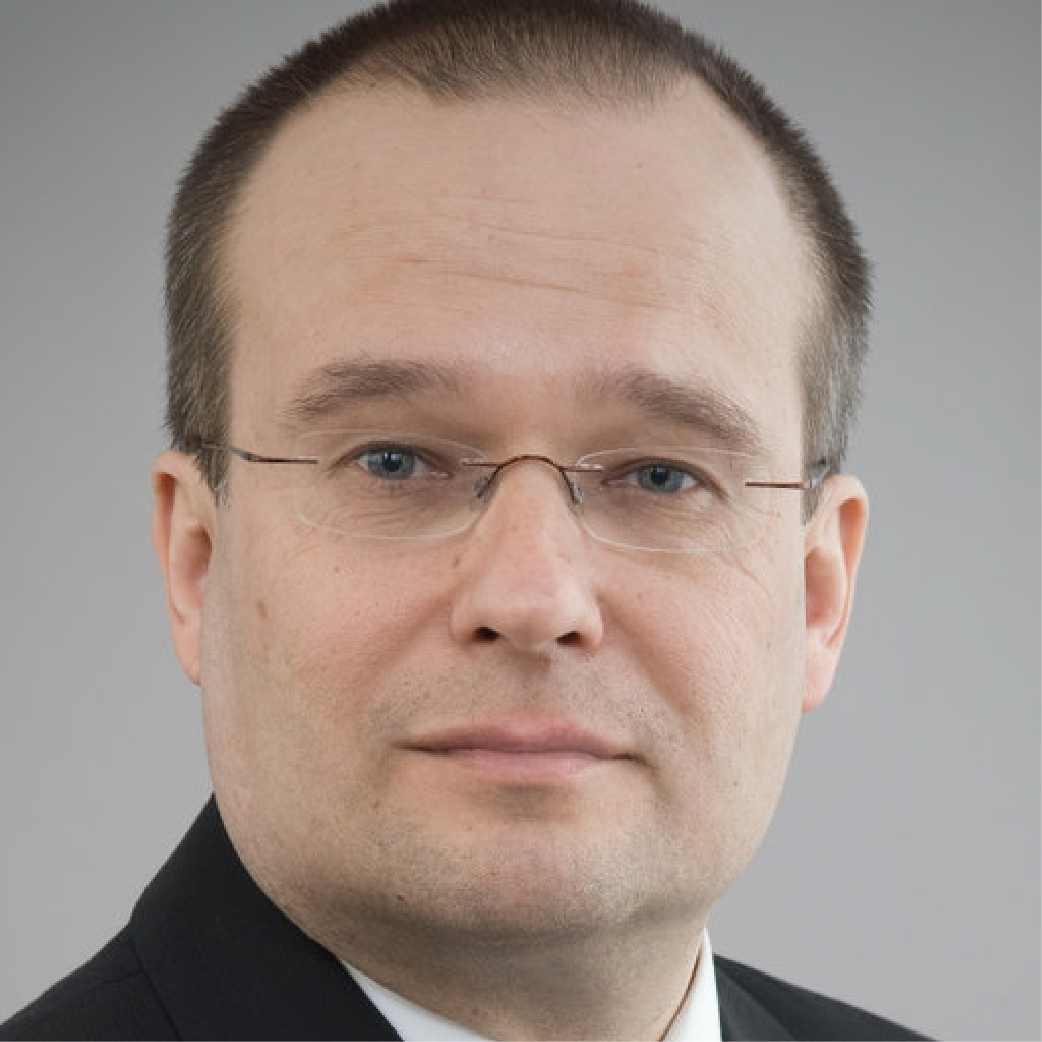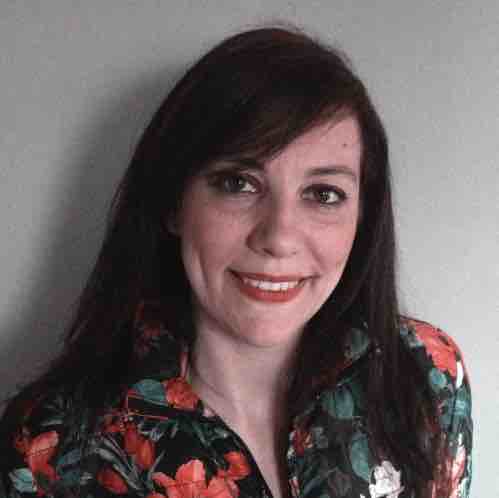Keynote Speakers

Mario Roccaro
Project Manager Education, EIT Food
Title: Food in the Anthropocene: How EIT Food is contributing to the mitigation of climate changes
ABSTRACT OF PRESENTATION
TBA
BIO
Dr. Mario Roccaro has joined the EIT Food in April 2018 as Programme Manager Education in charge of developing educational offerings including the Professional Development actions for postgraduates and personnel of the Food sector. Previously, Dr. M. Roccaro was engaged at the European Commission DG EAC as policy officer in charge of designing and implementing the HORIZON 2020 Marie Skłodowska-Curie Actions. After receiving his first degree in Food and Science Technology from the University of Milan (IT) he worked for several food industries in Italy before pursuing further education. He received a PhD in Molecular Biology from the University of Edinburgh (UK). Subsequently, he worked as plant scientist at the Max Planck Institute Cologne (DE) performing basic and applied science.

Mikko Kolehmainen
Professor, University of Eastern Finland
Title: The next step after AI – towards Digital Twins
ABSTRACT OF PRESENTATION
As the wave of Artificial Intelligence rises and reaches the mainstream computing, it is time to look forward and think about the next wave after this development. Firstly, I will have a look on the main characteristics of the current AI wave and its benefits. The focus is then shifted to the weak points of it showing what we need to do better. Another hot topic rising is that of Digital Twins. What is their relation to AI? What are digital twins actually? How could we combine these two technologies to yield better solutions? These questions are studied with a couple of example projects carried out in the University of Eastern Finland during the last years. Finally, recommendations are given for future research directions.
SHORT BIO
During my career, I have first worked as system analyst and chief software engineer in the software industry, developing solutions for energy companies. In the 90’s I have moved to the academic world working as researcher both in bioinformatics and environmental sciences, followed by a nomination to research director of environmental informatics; a new and emerging field. Currently as a professor, I am leading a research group of environmental informatics at the University of Eastern Finland. Since 2001, my research group has been carrying out industry related projects using Artificial Intelligence methods to solve data based problems related to the environment. I have also worked as a CTO of a start-up company helping the companies to utilize the AI in their operation. I was the chair of ICANNGA’09.

Serenella Sala
Deputy Head of Unit, Joint Research Centre, EC
Title: Environmental footprint of EU consumption: from data to knowledge and policy support
ABSTRACT OF PRESENTATION
The assessment of the environmental impact of consumption is consider pivotal in the transition toward sustainable production and consumption. The European Commission Join Research Centre has developed a method and a set of indicators to help monitoring the evolution of consumption patterns and related environmental impacts. The set of indicators are the results of the capitalisation of knowledge on the environmental side with a systematic approach to data gathering, processing and interface with different software and tools. The set of indicators, called Consumer Footprint are life cycle assessment based, namely they took into account the environmental impact of products consumed in EU, from the assessing impacts from the extraction of raw materials to end of life. The LCA-based framework is essential to unveil trade-offs rand to test eco-innovation policies. Environmental impacts are assessed from three different perspectives: product group level, consumption areas (Food, Mobility, Housing, Household goods, and Appliances) and average EU consumer. Given the complexity of the exercise, the keynote presentation will illustrate which are the main open challenges from the informatics and environmental research point of view to improve and refinement the assessment, for example, in terms of geographical and temporal resolution of the evaluation.
BIO
Serenella Sala is a scientific officer, scientific project manager at the Joint Research Centre of the European Commission since 2010. She is the Deputy Head of Unit of the Land resource Unit of the Directorate D- Sustainable Resources, and the team leader of the life cycle assessment group of the JRC. She is coordinating the activities on life cycle assessment (LCA), with specific focus on its application at meso and macro scale for supporting policies. She is an environmental scientist, holding a Phd in Ecology. Her research activities have been always focused on sustainability assessment of supply chains, adopting Life cycle assessment as reference methodology. With strong interdisciplinary approach, she developed
methodologies and models for sustainable development, integrated environmental assessment, life cycle assessment, risk assessment for supporting eco-innovation of process and products as well as resource efficiency.Between 2001 and 2010, she was the ccoordinator of the Research Unit on Sustainable Development (GRISS) at the Department of Environmental Science at University of Milano Bicocca. She had teaching positions at University (as adjunct professor) and in many post University courses on LCA applied to a wide array of sectors. List of publications and overview of her research activities are available here.
